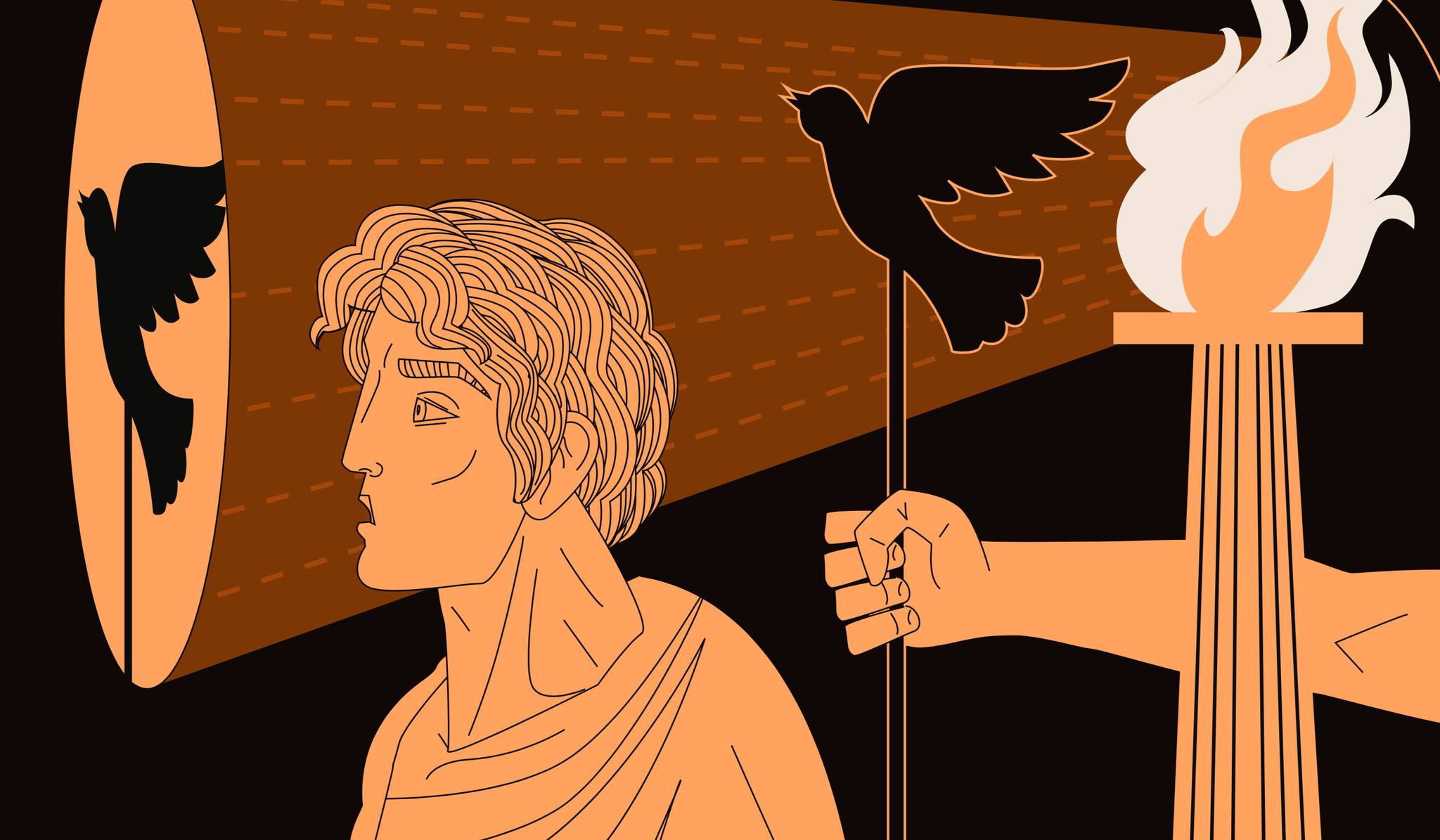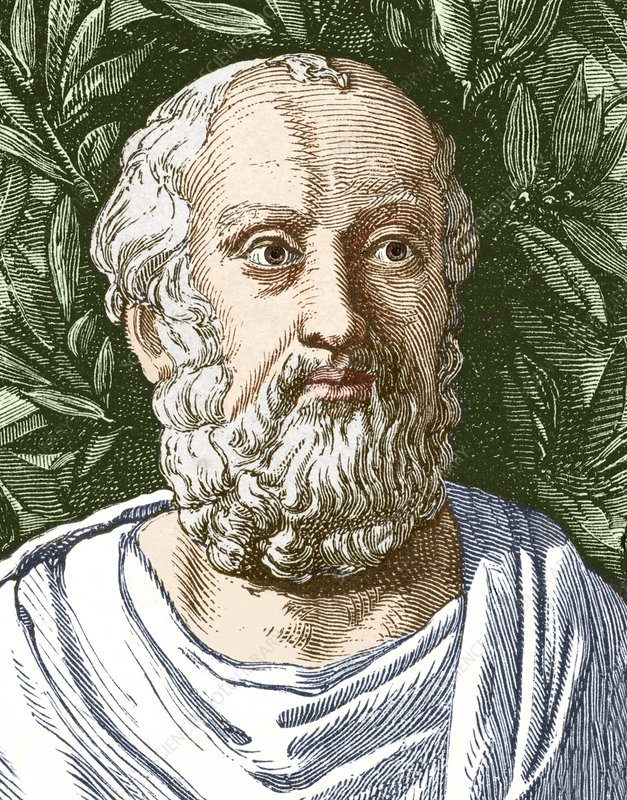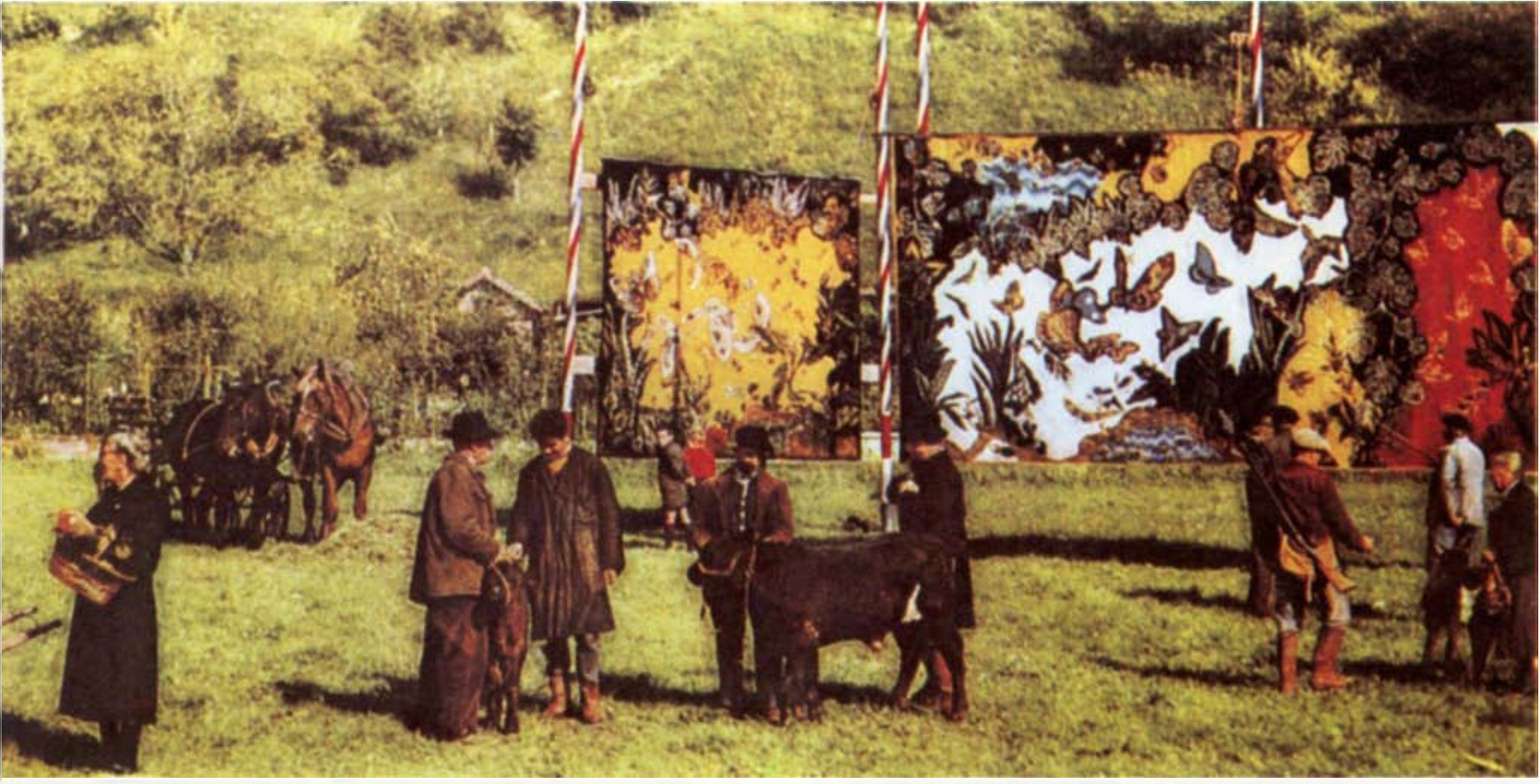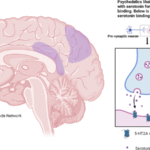
In today’s fast-paced world, anxiety has subtly woven itself into the fabric of our everyday lives, becoming an almost expected companion. It greets us in the early hours, often before we’ve had a chance to fully awaken or collect our thoughts. The incessant buzzing of notifications on our devices, the constant stream of urgent messages demanding our attention, and the seemingly endless list of tasks awaiting completion can create a heavy mental load. This barrage of stimuli can weigh heavily on our minds, often leaving us feeling overwhelmed even before we step out of our homes. While we have adapted to move at an increasingly rapid pace, this acceleration doesn’t necessarily equate to feeling more at ease or grounded.
Understanding the distinction between anxiety and peace is crucial for cultivating a harmonious balance within our minds and souls. Anxiety often springs from our attempts to exert control over every aspect of our lives, creating a false sense of security through the pursuit of perfection. We may find ourselves striving to dictate outcomes that lie well beyond our control, leading to a cycle of worry and stress. In contrast, peace emerges from a place of acceptance—a profound recognition that not all aspects of life can be managed or predicted. Embracing this truth allows us to release the tight grip we often maintain on our desires and expectations. Letting go should not be seen as a sign of weakness but rather as a manifestation of wisdom—the understanding that the act of relinquishing control can lead to greater clarity and serenity. True inner peace comes from this acceptance, allowing us to navigate life with a lighter heart and a more open mind.
The Stoic Way of Seeing

The Stoic philosophers—Marcus Aurelius, Seneca, and Epictetus—teach us that while we cannot control the world around us, we can control our inner world. They believed that our thoughts shape our emotions, and our emotions, in turn, influence how we perceive the world. Marcus Aurelius famously stated, “You have power over your mind, not outside events. Realise this, and you will find strength.”
Stoicism emphasises that true serenity is not achieved by changing our external circumstances but by altering our perception. It encourages us to pause before reacting and to see things as they truly are, rather than how our fears might distort them. This mindset serves as a quiet shield for the mind, allowing us to navigate chaos without allowing it to overwhelm us.
The Psychology of Control
From a psychological perspective, much of the distress we experience does not arise solely from external events but rather from the way we interpret and react to those events. This is a core principle in modern psychology, particularly within the framework of Cognitive Behavioural Therapy (CBT), which draws heavily from Stoic philosophy. CBTemphasisess that our thoughts serve as a crucial link between our experiences and our emotional responses. By consciously altering our thoughts, we can fundamentally reshape our feelings and reactions to various situations.
The Roman philosopher Seneca insightfully noted, “We suffer more often in imagination than in reality.” This statement highlights a profound truth about how the human mind operates. We tend to overanalyse situations, magnify our fears, and fixate on hypothetical scenarios that rarely materialise. In this mental space—where anxiety and worry are born—our imagination can often lead us into a spiral of distress.
Anxiety thrives in the uncertain gap between what is tangible and what is merely a possibility in our minds. The Stoic approach encourages us to refocus our attention on the present moment, cultivating mindfulness and acceptance. By doing so, we create a fertile ground for peace and tranquillity to flourish within us once again. This return to the present allows us to confront our worries with a more balanced perspective, helping us to diminish their power over our lives. Ultimately, by applying these Stoic principles, we can break free from the chains of imagined suffering and foster resilience in the face of life’s challenges.
The Illusion of Control in Modern Life

In today’s digital age, the quest for control has transformed from a comforting illusion into a pervasive source of stress. We meticulously track our daily steps, monitor our emotional states, and outline detailed plans for our future, treating the pursuit of certainty as if it were a tangible choice we can make. However, this relentless chase for control often leads to increased anxiety and a greater fragility in our state of well-being. In our efforts to perform perfectly, we frequently find ourselves comparing our lives to others, striving for an unattainable standard, and neglecting the beauty of simply living in the moment.
The Stoic philosophers offer us valuable insights, reminding us that genuine tranquillity begins precisely where our need for control ceases. Embracing life as it naturally unfolds is not an act of resignation; rather, it is an invitation to engage with life in a more profound and meaningful way. Acceptance differs significantly from indifference; it stems from a deep understanding of our circumstances and the complexities of existence. When we release the tight grip of our expectations and stop insisting that everything must align with our desires, we open the door to a wealth of positive experiences. This shift allows room for gratitude, cultivates patience, and enhances our clarity of thought. By learning to appreciate life as it is, we can find a deeper sense of fulfilment and connection to the world around us.
The Practice of Inner Calm
To live with a Stoic mind is to embrace a life of intentionality and purpose. It calls upon us to cultivate a sense of stillness, grounding ourselves in small yet consistent practices that enhance our daily interactions and internal experiences. This journey of self-mastery encourages us to pause thoughtfully before we react to life’s provocations, to listen attentively before we articulate our thoughts, and to reflect deeply before we pass judgment on ourselves and others. These seemingly simple habits serve to fortify our psyche, empowering us to reconnect with the more profound self that often remains obscured beneath the surface clamour of noise and raw emotions.
The wise words of Marcus Aurelius resonate with timeless truth: “The happiness of your life depends upon the quality of your thoughts.” This profound insight continues to hold significance in our modern lives. The inner dialogue we engage in shapes our perceptions and influences how we navigate the complexities of the world around us. By nurturing thoughts that are calm, kind, and compassionate, we cultivate a sense of peace not only within our own minds but also in every interaction we have—with friends, family, colleagues, and even strangers. The ripple effects of our inner peace can enhance our surroundings and the lives of those we encounter.
Ultimately, Stoicism does not advocate for the suppression of emotions or the denial of our very human feelings. Rather, it invites us to delve into a deeper understanding of these emotions. It teaches us to approach life’s inevitable challenges and uncertainties with both courage and grace. By learning to stop resisting the natural flow of events and embracing life as it unfolds, we discover that true peace is seldom an elusive destination but rather a state of being that has always existed quietly within us. It patiently awaits our acknowledgement, urging us to remember that within the chaos of life lies the potential for profound tranquillity.
“You have power over your mind — not outside events. Realise this, and you will find strength.” – Marcus Aurelius








